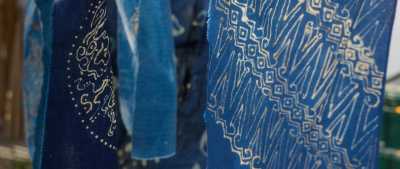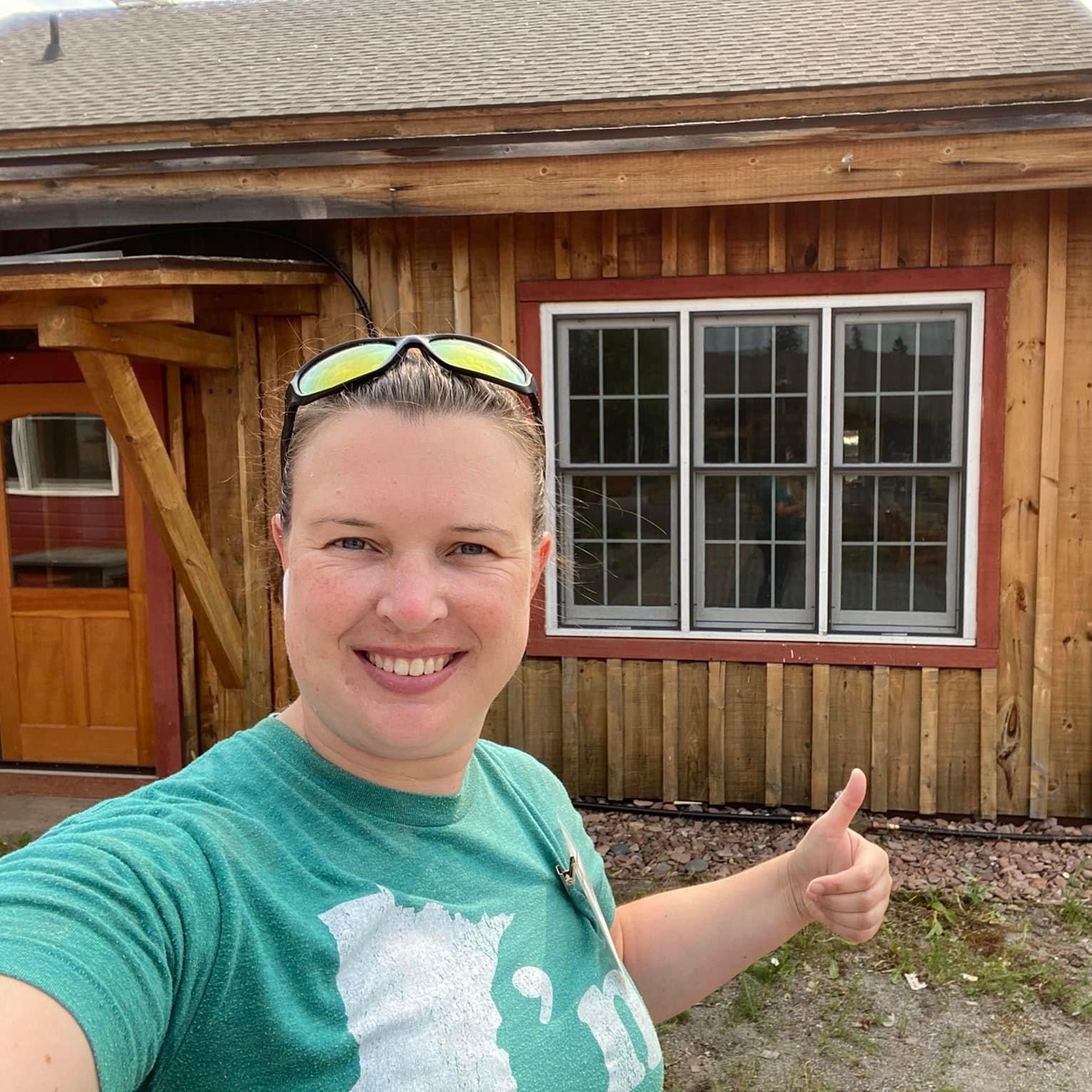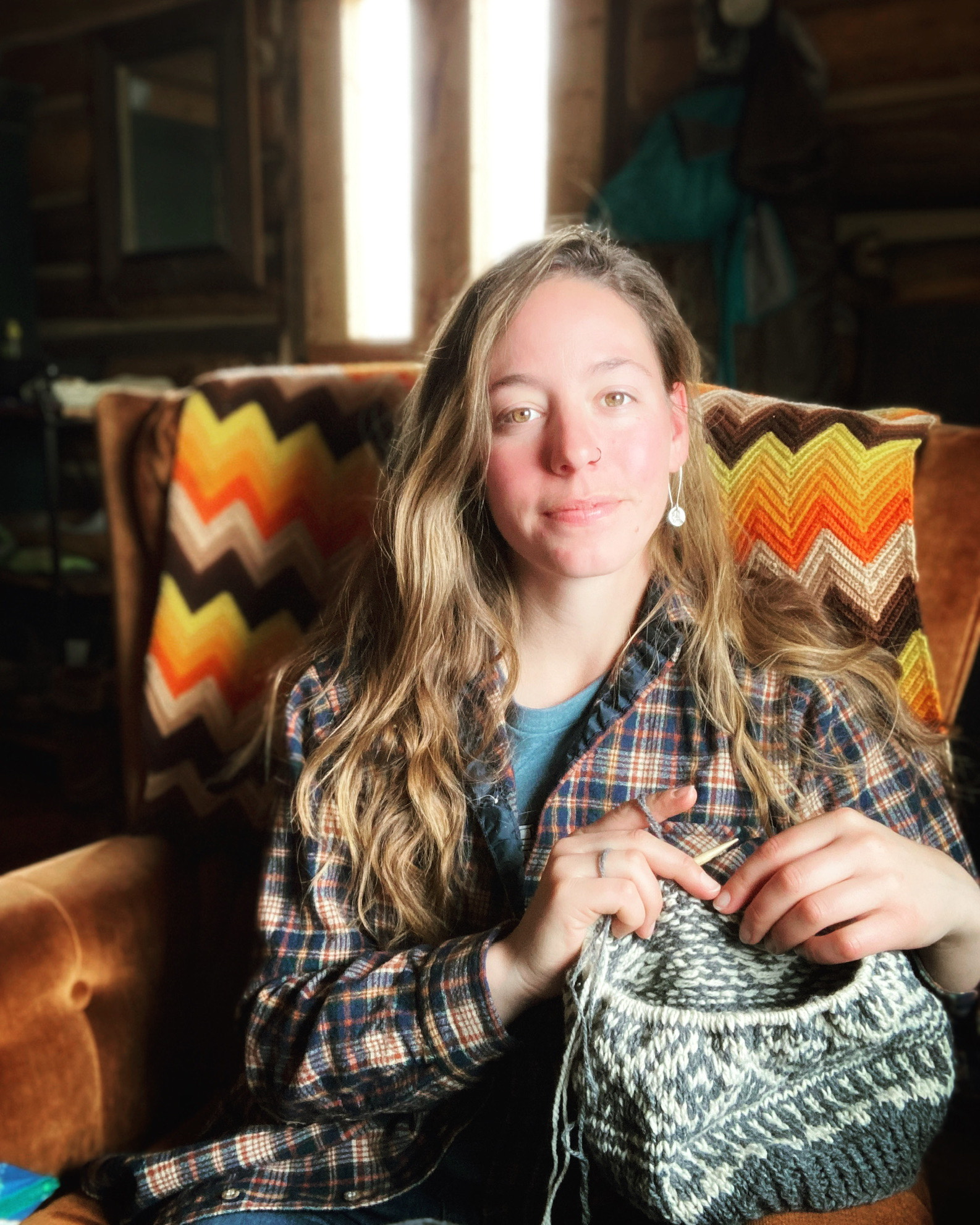
Work Study: A Day in the Life

One of the ways North House keeps learning accessible is through the Work Study program, which allows people to earn course credit by helping out around campus. So what is Work Study really like?
At North House Folk School, we believe craft education should be accessible to anyone with an interest in learning. One of the ways North House keeps learning accessible is through the Work Study program, which allows people to earn course credit by helping out around campus. North House offers two different kinds of Work Study: two-week extended sessions, where students stay in Grand Marais and help out while taking classes, and weekly drop-in sessions, where anyone can stop by and help out for a few hours once a week. Both options give people the chance to get involved with the school, learn new skills, and even begin a new creative pursuit.
So what is Work Study really like?
Extended Work Study
Kelly Grucelski is a teacher with a passion for fiber arts. She was first introduced to North House at Fiber Week 2018, and started looking for ways to get more involved. It was then that she learned about Work Study and decided to sign up for an extended session. Since then, she’s completed four extended Work Study sessions over five summers.
“I am a school teacher, so affording the classes can be challenging, but I do have lots of time in the summer,” Kelly said. “I thought it would be great to get to come up and help out on campus during the summer while earning credit for future courses. I love to volunteer so I thought it would be a good fit for me.”
During extended Work Study sessions, program participants stay in Grand Marais for an average of two weeks. Rustic lodging is provided, and participants spend each day helping out with a variety of tasks around the school–anything from sweeping floors to helping with pizza bakes to cleaning the deck of the schooner Hjørdis. Each session is open to two participants, so pairs of friends or couples can apply together.
“The daily routine is to ‘wake up’ the campus by brewing lots and lots of coffee and cleaning the classrooms and bathrooms,” Kelly said. “Weekends usually have more activities on campus, and on Wednesdays and Thursdays there is a lot to do to set up the classrooms and prepare for classes. Mondays and Tuesdays were more relaxed with cleaning up and putting away the classroom spaces, and also having some free time to enjoy Grand Marais!”
The extended stay in Grand Marais means that participants get to be immersed in campus life and craft, forging connections with instructors, students, and visitors. Participants can plan their Work Study experience around a class they want to take and spend some of their time in class. The hours spent helping out the rest of the week go toward tuition—for each hour of work, participants earn approximately an hour of tuition credit.
Martha Ritter learned about Work Study after moving to Duluth. Through her time participating, she’s been able to take many courses, from baking to shoemaking to woodworking. Her favorite thing about Work Study?
“Meeting and talking with lots of enthusiastic and talented people, gathering ideas for some art projects I want to develop on my own, and stretching my imagination and creativity,” she said. "The interns are a delight to get to know and learn from. They too are enthusiastic learners. Last year I taught them how to make pie crust and then make rhubarb pies, just as something to do that evening. We later shared results with a late night working class of folks who really appreciated the interns’ thoughtfulness. It's a nice way to bring people together."
Kelly power washes the Fish House, a task she said was her favorite. "I enjoyed such a satisfying task and entertaining the diners at the Fisherman's Daughter with my power washing skills."
Weekly Drop-in Sessions
In addition to the extended Work Study sessions, North House also offers weekly drop-in sessions. Typically held on a Wednesday afternoon, participants in the drop-in sessions help get the campus ready for the week of classes ahead. Participants get at least two hours of Work Study credit each drop-in session, and can save up credit over time to go toward course tuition.
Liz O’Brien is a Cook County resident who participates in the weekly drop-in sessions. As someone with a passion for fiber art, including her own dye business, the classes Liz has taken at North House have helped her continue to grow her craft. Liz learned about Work Study after moving to Cook County and was looking for ways to get involved with North House and the community.
“I lived up the Gunflint Trail at the time, and was looking for ways to get out of my cabin and get involved and meet new people,” she said. “It’s a great thing for folks who are in a period of transition to do. It’s very welcoming and it’s great to have something to look forward to every week.”
The Wednesday afternoon sessions are often where weekly participants and extended participants cross paths, working together to clean the campus and rearrange the classrooms for the week ahead. For Liz, Work Study provides the double benefit of getting to meet people in the community while also earning credit toward course tuition. It’s also a good way to stay up-to-date on happenings at North House.
“Alex will email you about last-minute openings in classes, which is great especially if you’re local and can make it work,” Liz said.

Liz O'Brien is a Cook County resident and fiber artist. Through participating in Work Study, she's been able to take a variety of classes, including classes in spinning. She also has a natural dye business called Up North Fiber Co, and has assisted in dye classes at North House.
Weekly drop-in sessions typically meet from 1-3pm on Wednesdays on the North House campus. No registration is required. Extended Work Study sessions have openings throughout the year. Learn more about Work Study or apply for an extended session here.